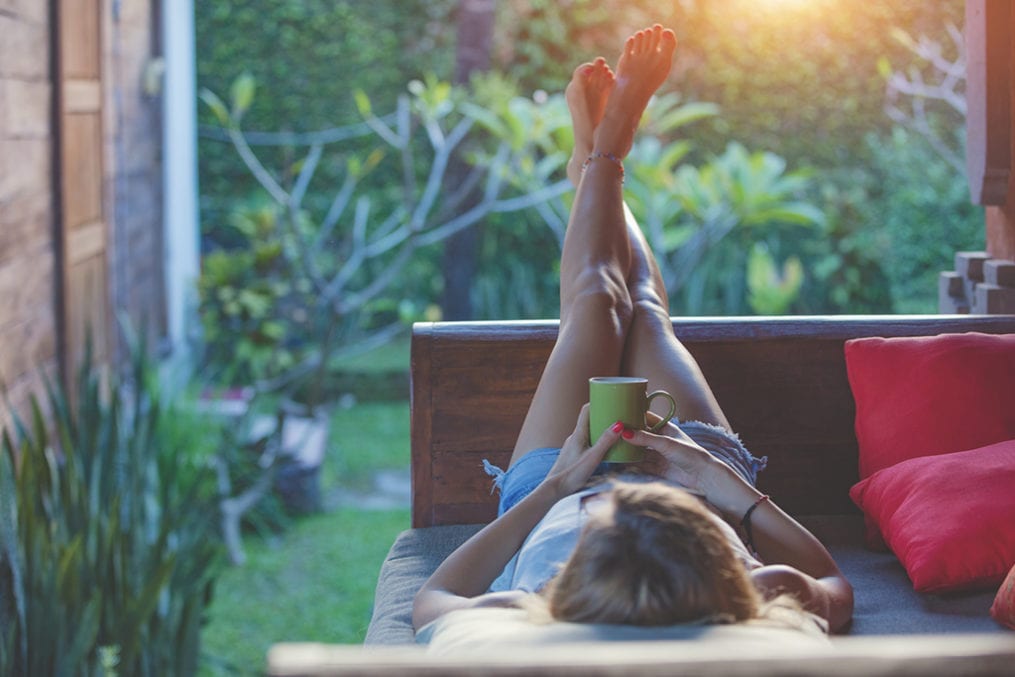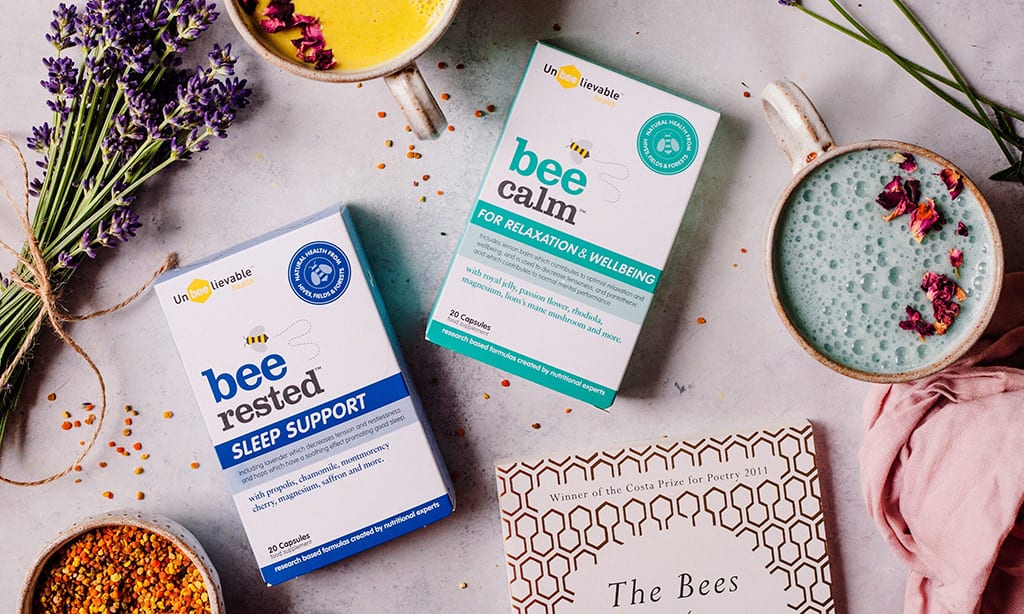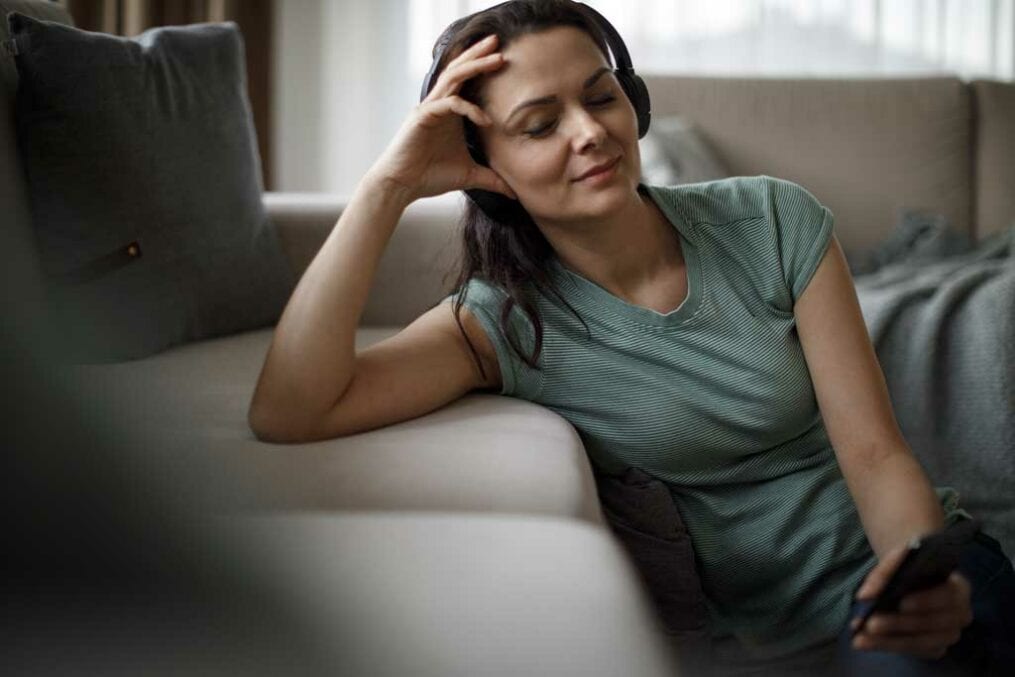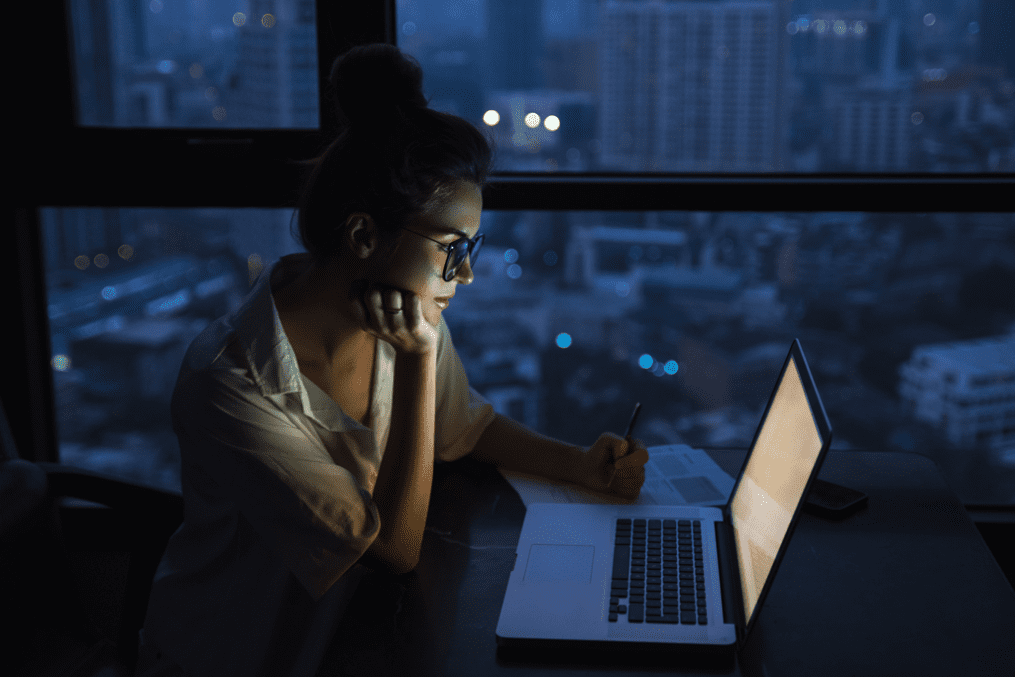9 ways to improve stress, anxiety and sleep

Our lives today seem to hurtle forward sometimes like a runaway train – with your coat stuck in the door and your bag accidentally left on the track. Things go wrong. Curve balls are hurled at us unexpectedly. Other human beings make life difficult for us. Fight or flight mode can become an ongoing state of being. Then what happens? Our levels of the stress hormone cortisol shoot up, wreaking havoc with our bodies and skin. We may start to have trouble sleeping, which can affect overall health and make one prone to serious medical conditions such as obesity, heart disease, high blood pressure, diabetes and more, according to the NHS.
In a Mental Health Foundation 2018 study, nearly 75% of the test group reported that they were so stressed that they felt overwhelmed or unable to cope. Stress and anxiety has been well documented as a major contributor to illness, poor health, unhappiness and sleeplessness.
The British Sleep council reports that 28% say they have trouble sleeping, with 68% sleeping under 5 hours a night. The National Sleep Foundation in the US recommends that adults sleep an average of 8 hours a night. Research suggests that sleeping fewer than 6 hours a night can be highly detrimental to mental and physical health. The average person in the UK sleeps 5.8-6.8 hours a night. We are walking a fine line.
So what can we do? Learning how to react to and manage stress is key. The food you eat and supplements you take can make a difference in how your body copes with stress, while some lifestyle habits are shown to affect stress, anxiety and sleep. Try these expert-backed tips to change up your life…
1 Watch what you eat
According to studies, overdoing refined carbs, sweets, gluten, caffeine and heavily processed foods can not only make you feel pretty shabby, but can also aggravate anxiety and sleeplessness. Alcohol is another culprit. We think it ‘relaxes’ us but Dr Marilyn Glenville explains that alcohol affects blood sugar levels, causing adrenaline and cortisol to be released and blocking the transport of tryptophan (which helps us relax) into the brain. That may explain why many of us don’t sleep well after a night of imbibing. Nutritionist Shona Wilkinson suggests eating food rich in magnesium (like bananas, avocado and dark chocolate) as it is the most important mineral for relaxing and helping calm the nervous system, as well as whole grains to help regulate levels of serotonin, the ‘feelgood’ neurotransmitter that helps us remain calm. Other foods that help increase serotonin are nuts and seeds, pineapples and eggs.
2 Top up your nutrients
Certain herbs and supplements have been shown in studies to be helpful for stress, anxiety and sleep. For stress, Shona suggests lemon balm (which contributes to relaxation and wellbeing), passion flower, rhodiola and royal jelly, all of which can be found in Bee Calm supplements by Unbeelievable Health, which also contain magnesium, L-theanine, and lion’s mane mushroom. These unique and beneficial natural ingredients help maintain a sense of calm, lift low moods and help reduce agitation and anxiety. To help improve sleep, Shona suggests griffonia seed extract – this provides 5-HTP, which converts to melatonin (the hormone which helps us sleep) – as well as hops, Montmorency cherry and royal jelly. All of these can be found in Bee Rested supplements which also contain chamomile and lavender extracts, as well as saffron, to help you nod off faster, sleep deeper and wake up less in the night, without feeling groggy the next day.
3 Laugh
They say laughter is the best medicine and science suggests there’s some truth in this. That’s because laughing causes endorphins (brain chemicals which help you feel better) to be released.
4 Get sufficient exercise
The NHS recommends you should aim for 150 minutes of moderate intensity exercise a week. However, try less vigorous activities like yoga in the evening to relax your mind.
5 Meditate
Shona suggests trying meditation, which has been shown through scientific research to help reduce stress. It can even be done on the bus or train into work. Even just 5 minutes can be helpful to clear and refresh your mind.
6 Show your pet some love
Playing with or petting an animal is shown in studies to reduce production of the stress hormone cortisol, and to increase the stress-busting, feelgood hormone oxytocin.
7 Get lost in a book
A University of Sussex study found that reading can reduce stress by up to 68% and effects can be felt after as little as 6 minutes.
8 Stop worrying
Take time to try to actively worry less, a recent study showed that over 85% of what we worry about never even happens, and of the 15% that did happen, 79% realised either they could handle the situation better than expected, or the difficulty taught them a lesson worth learning. This means that 97% of what you fret about is not much more than exaggerated, unwarranted fear.
9 Enjoy the good stuff
Focus on the good in your life – there is a huge amount of scientific evidence that shows that gratitude can help improve mental health and wellbeing and ease anxiety, stress and depression as well as help you sleep more soundly.

Find Bee Calm and Bee Rested supplements at hollandandbarrett.com and find out more about the full range at unbeelievablehealth.co.uk
Main photograph: iStock by Getty Images









